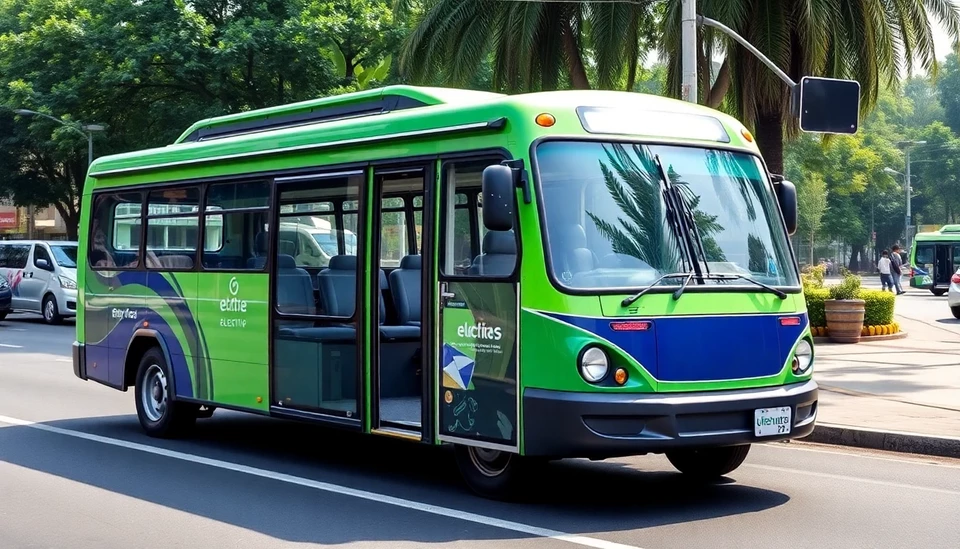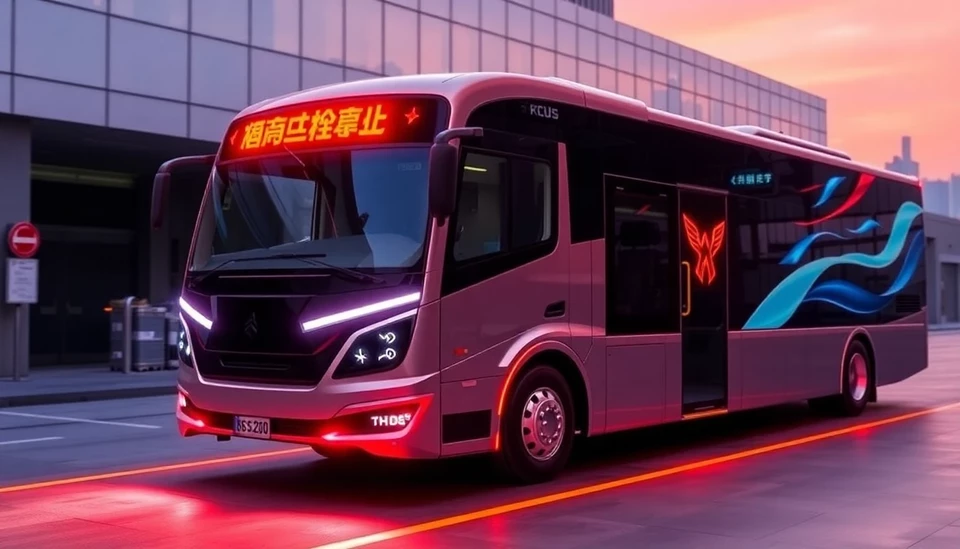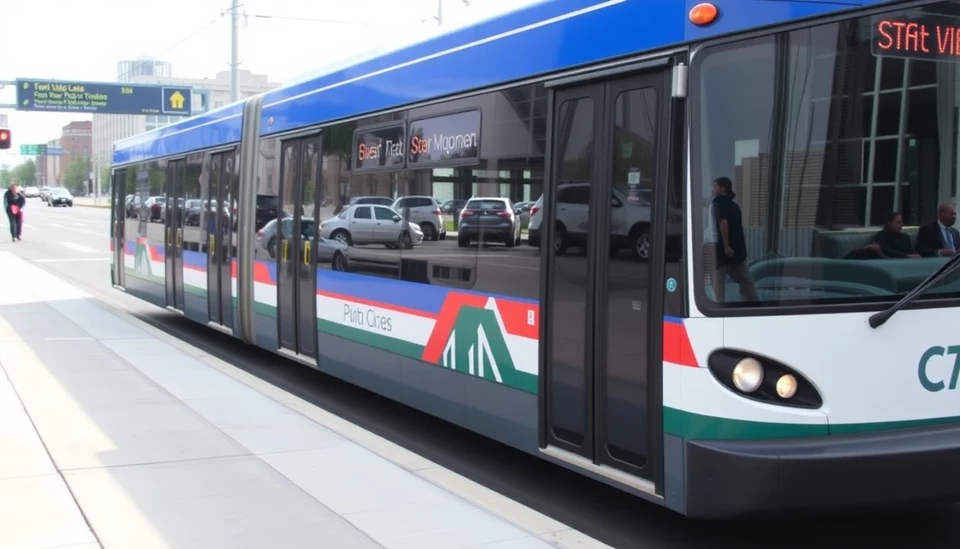
In a groundbreaking move towards sustainable urban transport, India is setting a compelling example for developing nations with its new initiative to deploy affordable electric buses (e-buses). With escalating concerns over air pollution and climate change, India’s public transport sector is undergoing a significant transformation. The country aims to bolster its commitment to clean energy while enhancing the accessibility and affordability of public transportation for millions.
The initiative, driven by the government alongside various local manufacturers, marks a shift in how transportation can be both economically viable and environmentally friendly. India has set an ambitious target to introduce at least 10,000 electric buses across its cities within the next couple of years, significantly reducing the reliance on polluting diesel-powered vehicles. This strategic move is part of the country’s broader aim to achieve net-zero carbon emissions by 2070.
Not only do these e-buses promise reduced operational costs through lower energy consumption, but they also come with a competitive price tag, making them a feasible option for cities that traditionally struggle with funding large-scale infrastructure projects. By leveraging innovative financing models and government incentives, Indian municipalities are finding effective ways to integrate clean transportation into their existing urban frameworks.
The government’s emphasis on the local manufacturing of these electric buses through the "Make in India" initiative has also contributed to job creation, further boosting the economy. As the country continues to battle high pollution levels, electric buses represent a cleaner alternative that meets the growing demand for public transportation while simultaneously safeguarding public health.
Moreover, India's approach serves as a potential model for other developing nations facing similar challenges. The blend of affordability, effective financing strategies, and local manufacturing could be replicated in regions where budget constraints often hinder the transition to sustainable transportation solutions. This potential for widespread adaptation is particularly crucial in densely populated urban areas, where pollution levels tend to soar and public transport is often the primary mode of mobility.
The operational success of e-buses in India also hinges on the establishment of adequate charging infrastructure. The government is investing in the necessary facilities to ensure that these vehicles are easily charged and can operate efficiently. Alongside this, initiatives to promote the use of renewable energy sources, such as solar power, for charging could further enhance the environmental benefits of electric buses.
This robust initiative is gaining attention not just domestically but also internationally, drawing interest from various stakeholders including investors, NGOs, and international organizations looking to collaborate on sustainable urban mobility projects. The momentum generated by these electric buses is paving the way for other cities in the developing world to consider sustainable solutions that prioritize both environmental impact and affordability.
As cities worldwide grapple with the effects of pollution and the urgent need for cleaner transportation systems, India's efforts to implement these electric buses could be a significant turning point. By showcasing a project that is both economically and environmentally advantageous, the country is leading the charge towards a cleaner future for urban transportation, effectively demonstrating how developing nations can tackle similar challenges head-on.
With the ongoing commitment to clean transport solutions, India is not only improving its local urban landscapes but potentially reshaping global transportation policies aimed at sustainability and environmental responsibility. The ripple effects of this initiative could very well influence favorable changes and inspire similar projects across the globe, igniting a movement towards substantial investment in clean transportation.
As this initiative continues to develop, it will be crucial to monitor its outcomes and lessons learned, which could help inform future policies on clean transportation globally, encouraging a cooperative approach to tackling the pressing issues of pollution and urban mobility in a more sustainable manner.
Overall, the affordable electric bus initiative illustrates the enormous potential and opportunities that lie within the realm of sustainable transport, particularly for developing countries aiming to bridge the gap towards cleaner, greener urban living.
#ElectricBuses #SustainableTransport #India #CleanEnergy #UrbanMobility #GreenTransport #ClimateChange #PublicTransport #MakeInIndia
Author: Sophie Bennett


